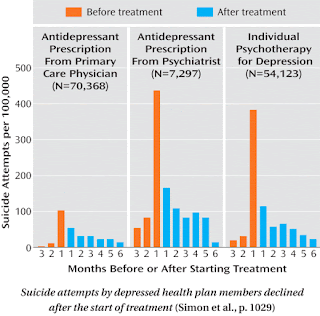Symbolic Writing for “The Masque of the Red Death”
In the story, “The Masque of the Red Death,” Edgar Allan Poe uses several different colors to distinguish the different rooms in the mansion and also the many stages of man. One of the colors he used was orange, to symbolize power and growth. He also used orange to symbolize the ages of 18-40’s/50’s. Along with the other colors in the story, the color orange has a great deal to do with the “clock of life,” and it relates to me, in my everyday life.
Orange plays a major role in the advancement of life and has much to do with the clock of life. The clock of life is the seven stages of man in a nutshell. The color orange is a huge part of the advancement in life because it covers an extraordinary amount of the human life. This span of life would be from the ages of 18-40/50. Much happens between this period in life, such as: college, career opportunities, marriages, families form, children are born, adulthood, new responsibilities, independence from home, and most of all, finally realizing life and its purpose for human beings. As for the clock of life, the ages that are associated with orange are the ages that are the core of most people’s lives. These years are the years when most people are still young, yet successful.
Between my parents, cousins, aunts, uncles, even family friends, I have many people that are apart of the orange area. Many of these people are huge inspirations to me and I depend on them for numerous things. Without the people that belong to the orange age, my life would be extremely hard and I wouldn’t be able to survive. Most children and teens live off of the people of the orange stage in life. Without the people of the orange group, I would not have wants or needs, such as: money, food, transportation, family, friends, shelter, clothing, and the most extreme of them all, I might not even be alive.
In, “The Masque of the Red Death,” the room and the color orange notify the people of the ball that this is the core of their life, the years of life that should be enjoyed and cherished most. In reality, the color also symbolizes independence and the power to make your own positive decisions. This stage in life is the middle stepping-stone, so to speak, down the path of life. Once you’ve reached the ages in orange, it’s time to appreciate life, because life on earth is half way over. It’s not a negative point in life because life is almost over, but it’s more of a time to sit back and relax, as you take all your effort and hard work in life and turn it into something you want it to be. As I said before, myself and many other children my age, older and younger, depend on the orange era to take care of them in life until they become a part of the orange stage themselves. Orange is a tremendously important part of the story “The Masque of the Red Death,” life advancement and the life clock, along with my life and many others.









